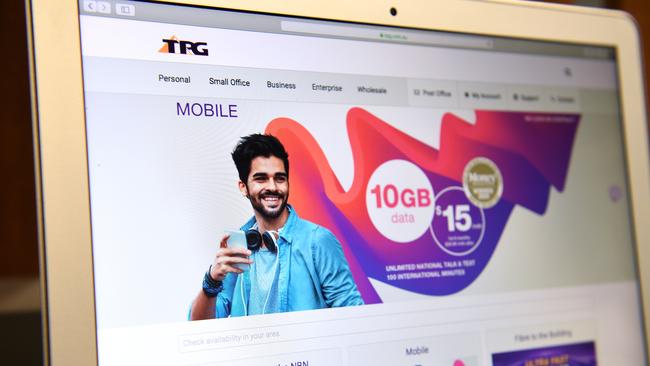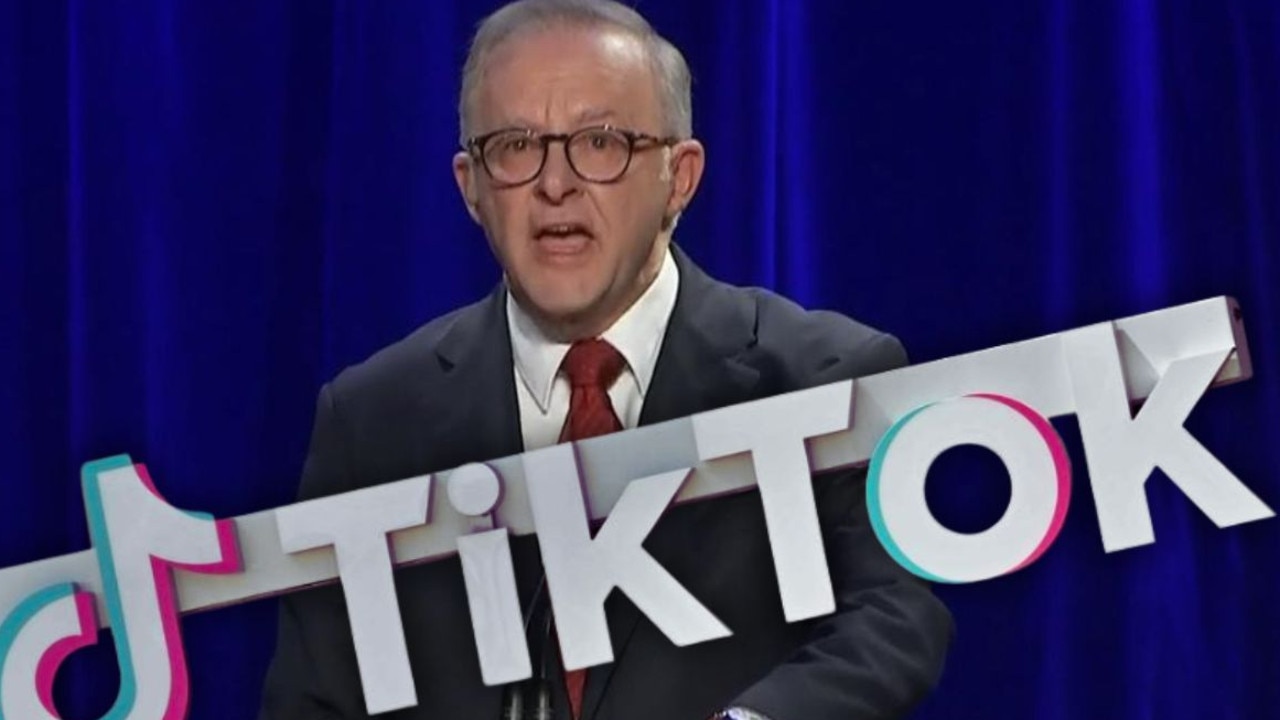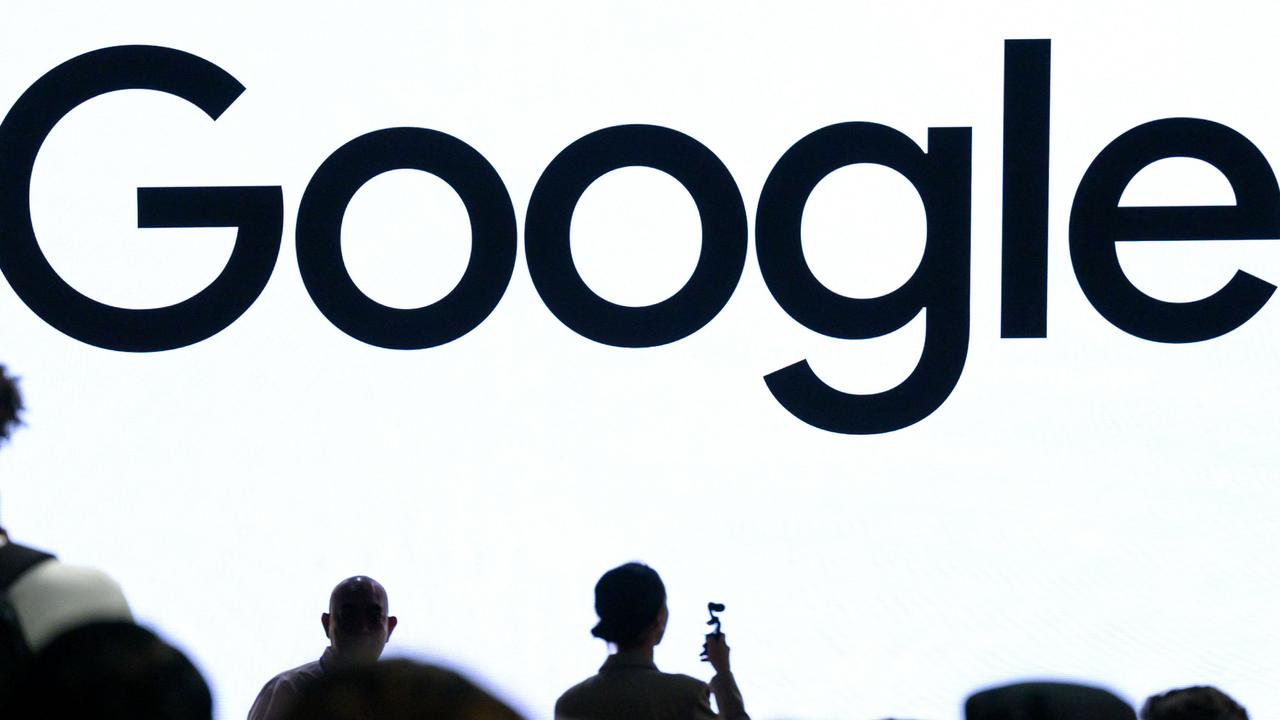Mobile meltdown burns hole in TPG’s full-year profit
A mobile meltdown at TPG has burned a $237m hole in the telco’s full-year net profit.

TPG Telecom’s mobile meltdown has burned a $237m hole in its full year net profit, with the telco’s expensive acquisition of mobile spectrum starting to weigh down its books.
The telco (TPM) posted a 56 per cent slump in net profit to $173.8m for the 12 months to July 2019, with revenue for the period flat at $2.48bn.
Having paid $1.2bn for mobile spectrum TPG can’t do anything with it for the time being, with the ban on Huawei’s 5G equipment putting a spanner in the works for its mobile ambitions. Meanwhile, it’s planned merger with Vodafone Hutchison Australia has also hit a wall with the competition regulator.
TPG’s FY19 results include a $9m one-off transaction costs related to the stalled merger.
TPG and Vodafone are looking to resuscitate the merger at the federal court, with their appeal against the Australian Competition and Consumer Commission (ACCC) set to start on October 10.
The eventual fate of TPG’s spectrum holdings hinges on the federal court’s ruling, If the ACCC’s objections to the deal are upheld, TPG will have to either restart the rollout of its planned $600m mobile network or sell the mobile spectrum to its rivals.
The telco’s chief financial officer Stephen Banfield said on Thursday that TPG had a very strong case.
“We are very pleased with our preparation and once the hearing is finished we will be in the hands of the court when the judgment is delivered”.
Investors shrugged off the disappointing full-year numbers, with TPG shares rising almost 3.2 per cent to $6.41.
TPG maintains the Huawei ban adds extra costs to rolling out its network and limits upgrade paths to 5G. Mr Banfield reiterated the position on Thursday, saying that building a network without Huawei’s presence was not feasible for the company.
“We have ceased the rollout following the Huawei ban and we see no circumstances that would lead us to change that position.”
TPG’s claim will be keenly scrutinised in court, with the ACCC’s decision predicated on the idea that given the choice between spending more money to restart its mobile network or selling its spectrum at a steep discount, TPG will opt for the latter.
Meanwhile, Vodafone Australia claims that a tight balance sheet and future network congestion, along with the Huawei ban, will reduce its ability to act as a viable third mobile operator.
Analysts are divided on the fate of TPG and Vodafone appeal, with some saying the federal court may be more conducive to their claims that the merger is necessary to creating a third viable competitor in the telecommunications market.
However others, such as Venture Insights’s managing director Nigel Pugh, aren’t as optimistic.
According to Mr Pugh, the telcos are overstating the damage they will have to incur without a merger.
“In our analysis, the application of the ACCC’s no merger position (arguably) shows that TPG would be likely to build a competitive fourth network — even if it had to incur a premium to change vendors,” he said.
“In the case of no merger, we expect Vodafone will continue its business in Australia and launch 5G services,” he added.
Having a mobile play in the market is crucial for TPG given the intense pressure its fixed line business is coming under from the National Broadband Network (NBN).
According to TPG, financial year 2020 is going to be the year of maximum NBN pain, with
$85m stripped from its earnings. Meanwhile, high NBN wholesale prices are going to see an additional $25m squeeze in fixed line margins.
By the end of FY20 TPG expects to have less than 15 per cent of its residential broadband customer base remaining on ADSL.
“Operating cost efficiency programs across the group are expected to continue to deliver savings and another year of growth is forecast for the group’s corporate division but, in this peak year of NBN headwinds, organic growth for FY20 is not expected to be sufficient to offset the headwinds,” the telco said on Thursday.
TPG has announced a final FY19 dividend of 2 cents per share (fully franked), payable on November 19 2019, its dividend reinvestment plan remains suspended until further notice.



To join the conversation, please log in. Don't have an account? Register
Join the conversation, you are commenting as Logout